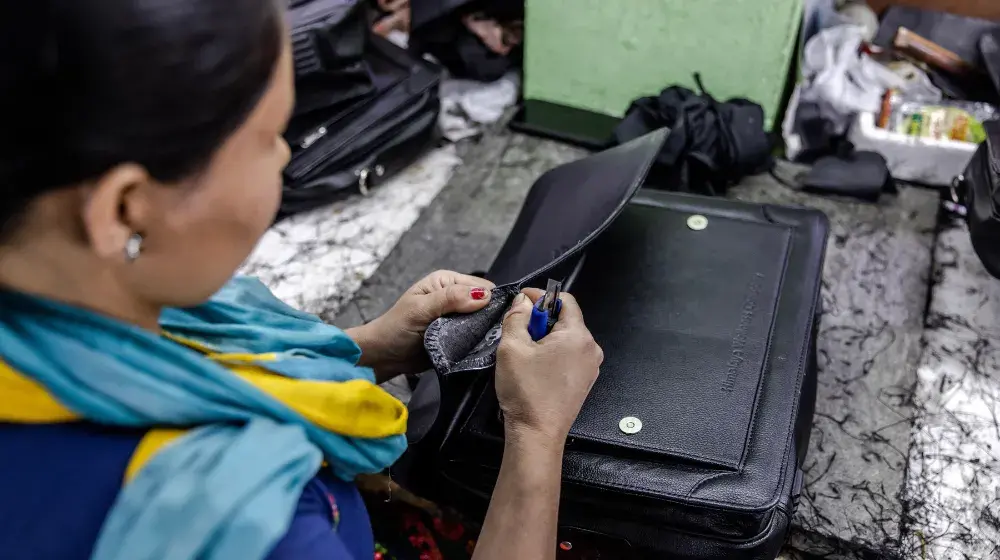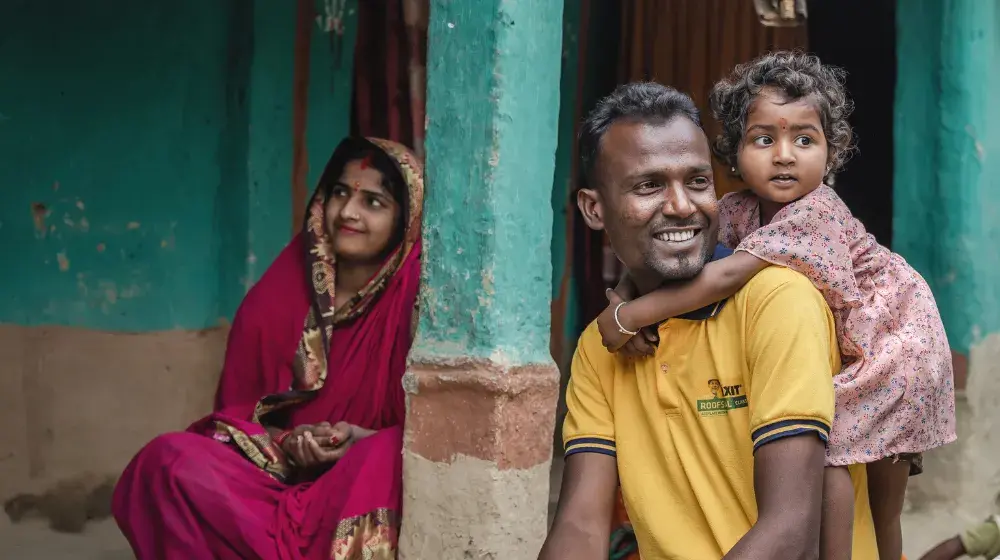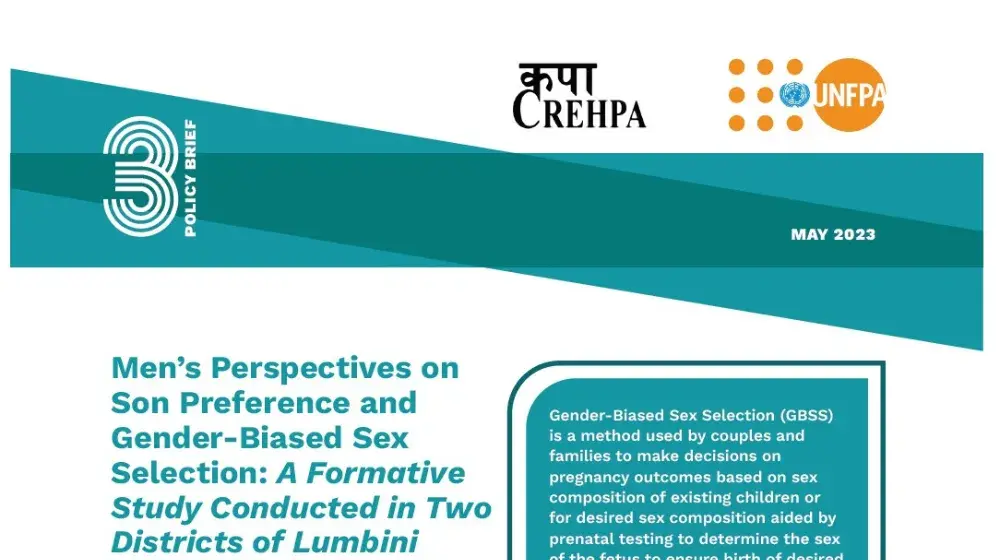The Gender Based Violence Information Management System (GBVIMS) initiative - initiated in 2011 - was re-launched in Nepal following the signing of a GBV Information Sharing Protocol (ISP) on 10 November 2014 by eight NGOs, the National Women Commission (NWC) and UNFPA, the United Nations Population Fund. The GBVIMS is a global initiative that started in 2009 and has been piloted to date in approximately 20 countries worldwide. It was created to harmonize data collection on GBV to provide a simple system for GBV service providers to collect, store and analyze their data, and to enable the safe and ethical sharing of reported GBV incident data. The intention of the GBVIMS is both to assist service providers to better understand the GBV cases being reported as well as to enable actors to share data internally and externally with agencies for broader trends analysis and improved GBV coordination through aggregate and anonymous incident data on reported cases of GBV.
Furthermore, GBVIMS helps analyze trends in gender-based violence, improve coordination among stakeholders and support provision of quality services to survivors. The ISP will be led and coordinated by NWC and supported financially and technically by UNFPA.
On the occasion of the official signing of the ISP, NWC Secretary Sarad Raj Bista expressed his commitment to GBVIMS and explained that the ISP is expected to strengthen collaborative support to GBV survivors. The Commission is committed to lead the GBVIMS initiative and advocate the need for effective policies, he said.
Similarly, UNFPA Representative Giulia Vallese said GBVIMS will contribute towards data uniformity when collecting information. As such, GBVIMS plays an important role in harmonizing and standardizing terminology and data collection around GBV. She also noted that GBVIMS had been integrated in the monitoring and reporting format of the One Stop Crisis Management Centers were also adopting the same platform and that efforts were ongoing to . the GBVIMS initiative led by the NWC in collaboration with the NGOs, while hopefully more organizations will join this initiative in future.
Supported by a Steering Committee comprising UNFPA, IRC, UNHCR, UNICEF and WHO, GBVIMS was first rolled out in Nepal in September 2011 under UNFPA's support and leadership by NWC.




